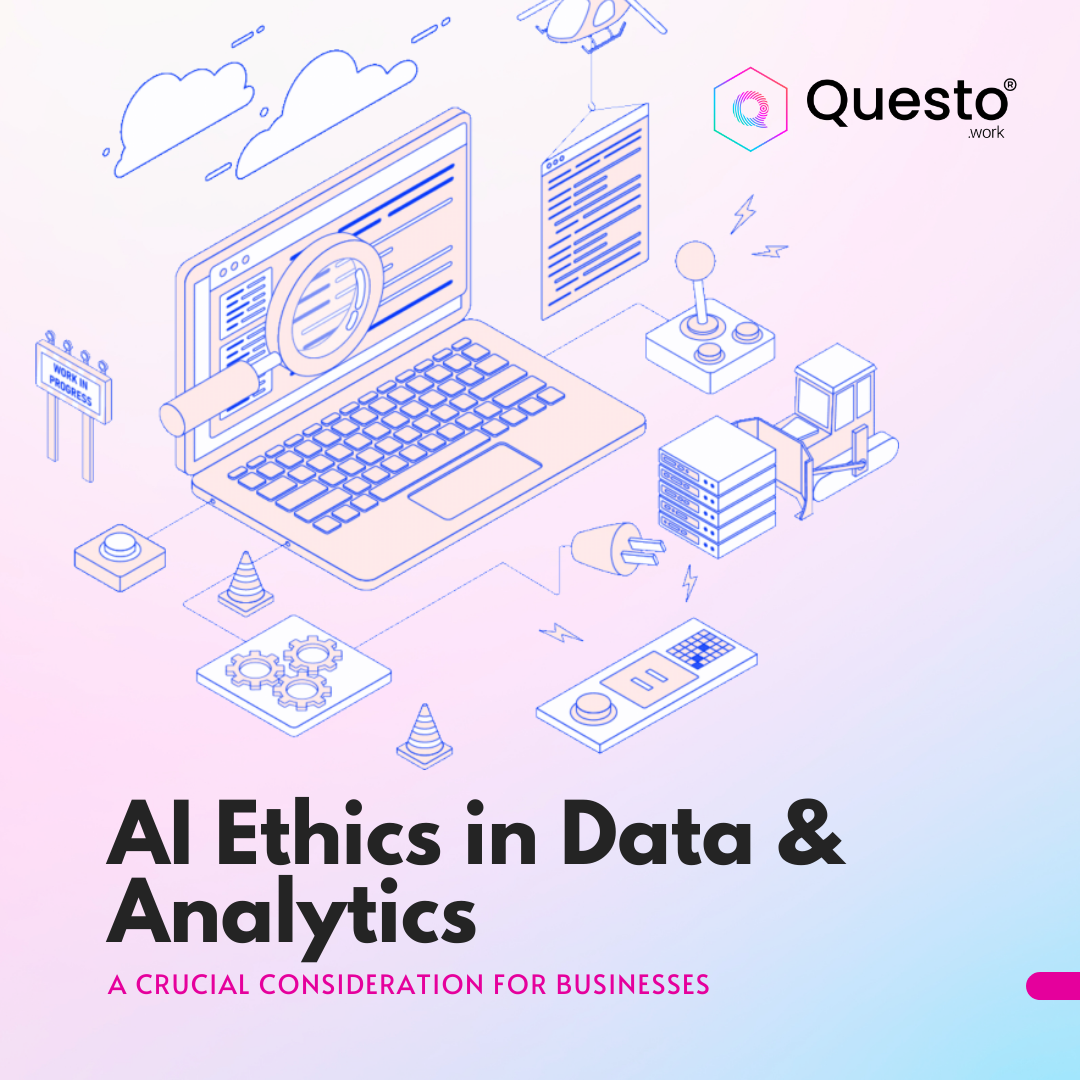
In today’s digital age, data and analytics play a pivotal role in driving business decisions and strategies. With the rapid advancement of artificial intelligence (AI) technologies, businesses have unprecedented opportunities to leverage data for innovation, growth, and competitive advantage. However, along with these opportunities comes a critical consideration: AI ethics.
AI ethics refers to the moral and societal implications of AI technologies and their impact on individuals, communities, and society as a whole. In the realm of data and analytics, ethical considerations are paramount as businesses collect, analyze, and utilize vast amounts of data to drive insights and decision-making. Here, we delve into why AI ethics is a crucial consideration for businesses in the realm of data and analytics.
One of the primary pillars of AI ethics is transparency. Businesses must be transparent about the data they collect, how it’s used, and the algorithms driving their analytics and AI systems. Transparent practices foster trust among consumers, regulators, and stakeholders. Moreover, accountability is essential. Businesses must be accountable for the outcomes of their AI systems and take responsibility for any biases, errors, or unintended consequences that may arise.
Bias in AI algorithms is a significant ethical concern. Biased algorithms can perpetuate discrimination, reinforce stereotypes, and lead to unfair outcomes. Businesses must actively work to mitigate bias in their data and analytics processes. This involves diverse representation in data collection, rigorous testing for bias in algorithms, and ongoing monitoring and adjustment to ensure fairness and equity.
The ethical collection and use of data are crucial for maintaining individuals’ privacy and data protection rights. Businesses must adhere to data protection regulations and ethical guidelines when handling sensitive data. This includes obtaining consent for data collection, implementing robust security measures, and ensuring data anonymization and encryption to protect individuals’ privacy.
AI systems are increasingly used in decision-making processes, ranging from hiring and promotions to loan approvals and healthcare diagnoses. It’s essential for businesses to ensure that these decisions are fair, transparent, and accountable. Human oversight and intervention should be integrated into AI-driven decision-making processes to prevent algorithmic biases and errors.
Beyond legal and regulatory compliance, businesses have a social responsibility to consider the broader impact of their AI initiatives. This includes assessing potential social inequalities, environmental impacts, and ethical implications of AI deployment. Businesses should engage with stakeholders, including community groups, advocacy organizations, and experts, to address these ethical considerations proactively.
In conclusion, AI ethics in data and analytics is not just a moral imperative but a strategic necessity for businesses. By prioritizing transparency, bias mitigation, privacy protection, accountability in decision-making, and social responsibility, businesses can build trust, foster innovation, and create positive societal impact through their AI initiatives. As AI technologies continue to evolve, ethical considerations must remain at the forefront of business strategies to ensure a responsible and sustainable AI-powered future.